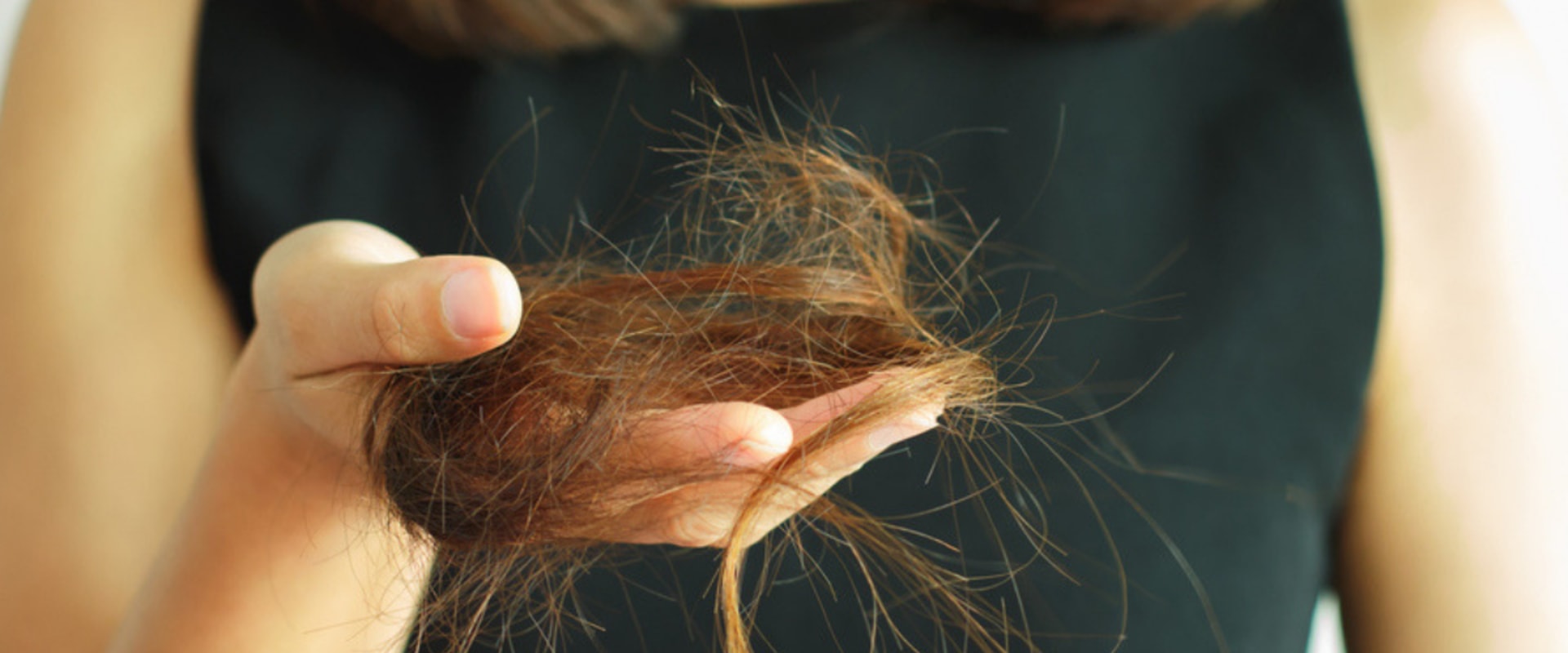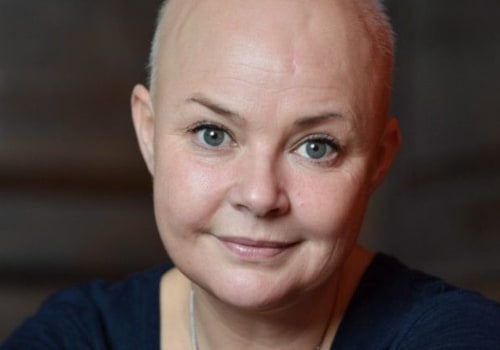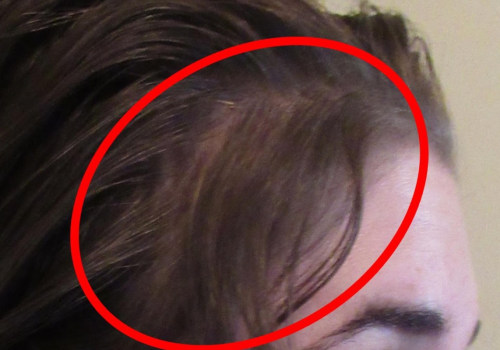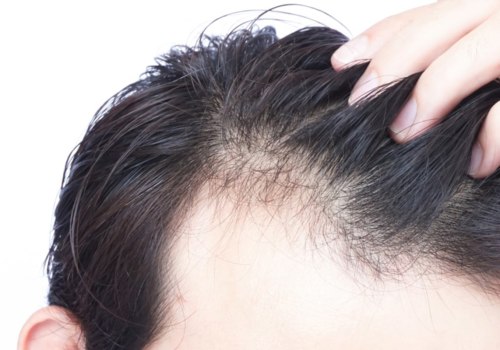Limiting calories is essential for weight loss, but excessive restriction leads to hair loss, since lack of nutrition does not complement hair growth. Hair loss due to a sudden decrease in body weight is not permanent. Hair loss due to weight loss is not dangerous or permanent. In general, the body adjusts in a few months and hair production resumes.
Prevention and treatment of telogen effluvium focus on proper nutrition and diet. Maintaining a balanced diet while avoiding fast diets and quick fixes is important for long-term weight loss success, as well as avoiding telogen effluvium. Like fast diets, restrictive diets that eliminate entire food groups can lead to hair loss as a result of nutrient deficiency or stress. Your body needs adequate calories and protein to feed the hair follicles.
According to some experts, the more weight you lose, the more likely you are to experience some degree of hair loss. Losing and regaining weight for many years can affect your metabolism and hair growth. Some people may experience hair loss within 3 to 6 months of starting diets (for example, usually temporary, a balanced and healthy diet should reverse hair loss within six months). Massaging the scalp is said to promote blood flow to the area and thus create a more suitable environment for hair to grow.
This can be done in several ways, but I use a shampoo brush with soft silicone bristles every time I wash my hair. After applying my shampoo, I use it to rub it, moving it around my scalp in 15-20 second bursts until it covers my entire scalp. While it's hard to tell if the improvements I've begun to see can be attributed to supplements, I'm willing to do everything I can to help my hair. Hair loss that results from weight loss is a temporary condition that occurs when a person loses weight through a restrictive diet or weight-loss surgery.
Saying no to restrictive diets that promise rapid weight loss is essential to protecting your physical and mental health and reducing the risk of side effects such as hair loss. This condition, which causes thinning or hair loss, occurs when the hair enters the telogen phase prematurely. When using the conditioner, avoid applying it to the roots, as this area does not need as much moisture and the extra moisture will only make the hair look flabby. If you have hair loss, it's critical that you identify the cause before trying to treat it.
My hair has become much thinner and thinner since I lost weight, sometimes it came out in what looked like a handful when washing it. A health care provider can identify the cause of your hair loss and help you make a plan for your hair to grow back. Work with a qualified healthcare provider to identify the cause of hair loss and find a plan to facilitate hair growth. Deficiencies in iron, zinc, protein, selenium and essential fatty acids have been linked to hair loss (13,.
Many studies have linked hair loss to rapid weight loss, calorie restriction, nutrient deficiencies, and psychological stress, all commonly in people on fast diets. Although hair loss may be linked to nutritional deficiencies due to being on a diet, it is important to consult your doctor before taking supplements other than a multivitamin. In 79% of people who reported hair loss, loss began 3-4 months after surgery and lasted an average of 5.5 months (1.The strongest evidence shows a link between vitamin D deficiency and alopecia areata, an autoimmune condition that causes patchy hair loss. There are certain things that a person can do to lose weight quickly, but there may be health risks associated with rapid weight loss.
.





